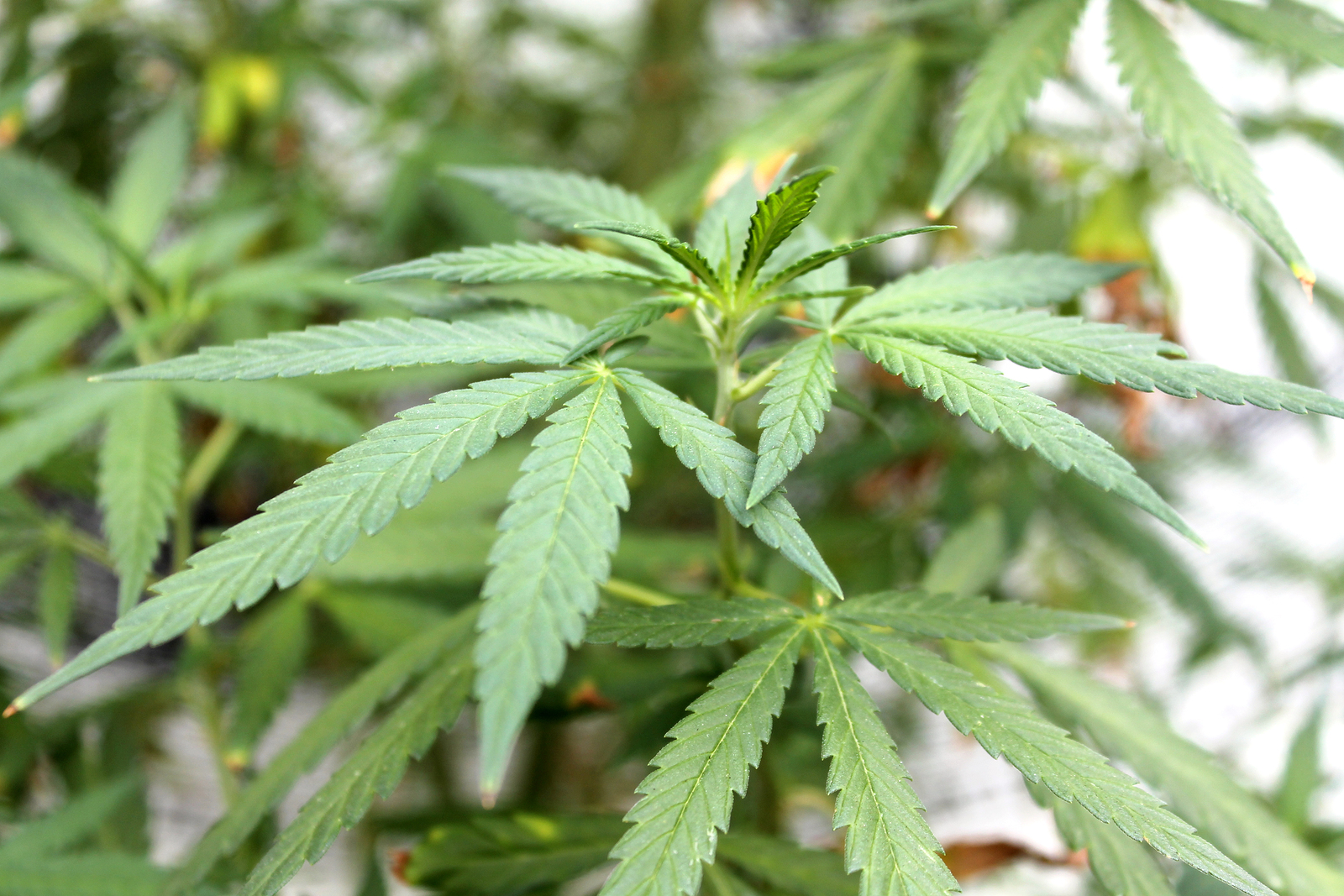In a word: yes. Let’s take a closer look at what this means. Medical marijuana patients have long noticed that using Cannabis leads to needing to use more marijuana to get the same effect over time. This result is called developing a tolerance, and is a common, complex interaction between the medicine and your liver, the organ that breaks down chemicals and excretes them into our gut for disposal. Essentially, as your liver sees more of this compound in your bloodstream, it ramps up the enzymes to break it down and remove it. This is a normal body function, and is common with many medications as well as alcohol and opiates.
Is Marijuana Withdrawal Real?
The idea of a tolerance break is the temporary abstinence from medical marijuana to “cleanse the system,” which really means allowing the liver to return to a state of less enzyme activity. The hope is that in performing a tolerance break, you will need less marijuana again, until you re-build the tolerance. This break has been shown to work; however, this process is probably impractical for most patients.
Approximately 7% of Cannabis users will develop a dependence on Cannabis. Incidentally, this number decreases after the age of 25, so if you’ve made it past 25, you’re even less likely to become dependent. However, dependence is different from tolerance and addiction.
As we discussed above, tolerance simply means more of the medication is needed to get the same result. Dependence means you will have symptoms if the drug is withdrawn. Cannabis withdrawal, unlike alcohol, is mild and will not harm or kill you. Cannabis withdrawal has been characterized by increased irritability, anxiety, and insomnia. Of course, those are often the very symptoms patients are treating with the medical marijuana. So, yes, medical marijuana tolerance breaks are safe.
Addiction is also different from dependence. Addicts may or may not be biologically dependent, but the definition is that addicts have substances or behaviors that cause negative social consequences in their lives that they cannot avoid. Well-known examples related to alcohol addiction include abusing spouses and children, bar fights, and motor vehicle crashes.
These deleterious outcomes, or others like them, do not seem to be relevant to the marijuana user’s experience. While careful review by a physician is always necessary, in many cases the health benefits of medical marijuana ultimately outweigh the potential harms.

How Long Should I Abstain from Cannabis?
The common marijuana myth is that because THC and other cannabinoids are fat soluble, they are stored for about 1 month in body, even after your cease to consume marijuana. This is quite true, except that the 1 month duration is an estimate based on average percent body fat, and “occasional” use of marijuana. Since “occasional” is defined in the literature as 1 joint per week, it’s fair to say that most medical marijuana patients will consume significantly more. In my practice I’ve seen THC urine tests remain positive for as much as 3 months after cessation of all marijuana consumption!
If you need or are interested, you can buy urine test dipsticks on Amazon.com for about $5 each, which are as accurate as those used in a hospital. Typically these report positive at 50µg/dL, which is the current Federal cut-off level. There are some that report positive as low as 20µg/dL.
The real question here isn’t whether a tolerance break will work, or is safe, but is whether you would you do it? Assuming that you are a medical marijuana patient treating a severe, debilitating illness like cancer or chronic pain, would you really go 1-3 months without treatment? A break in that case would certainly not be my recommendation. Ultimately, you have to decide for yourself, but if the goal of therapy is relief from symptoms that aren’t otherwise amenable to traditional medicines, abstaining from marijuana seems penny-wise and pound-foolish.
Medical Cannabis can help to alleviate the symptoms of conditions including but not limited to chronic pain, arthritis, ALS, MS, chronic insomnia, cancer, glaucoma, depression, anxiety, and HIV/AIDS. To discuss whether medical marijuana could be a suitable treatment option for you, call Inhale MD at (617) 477-8886 today.

